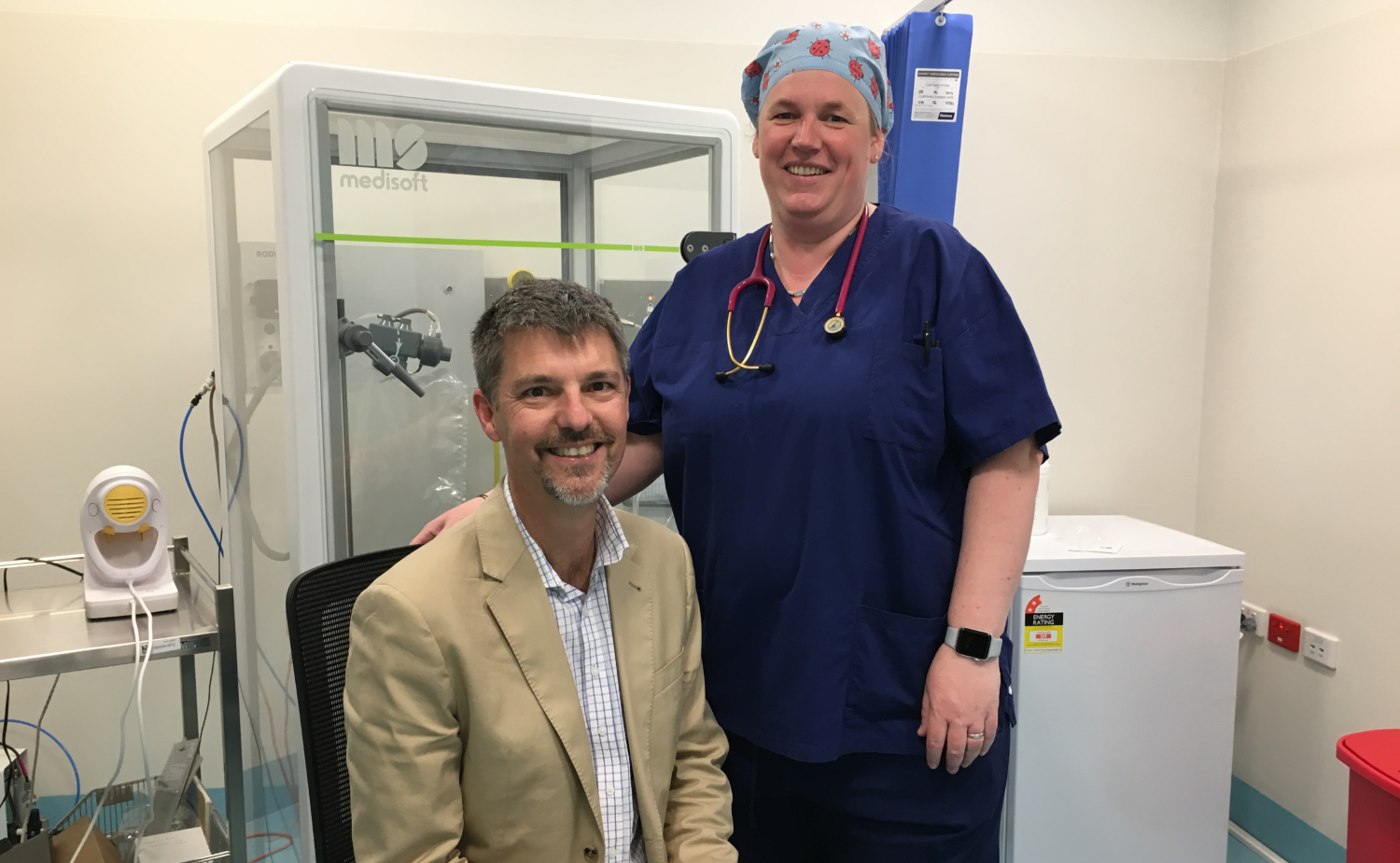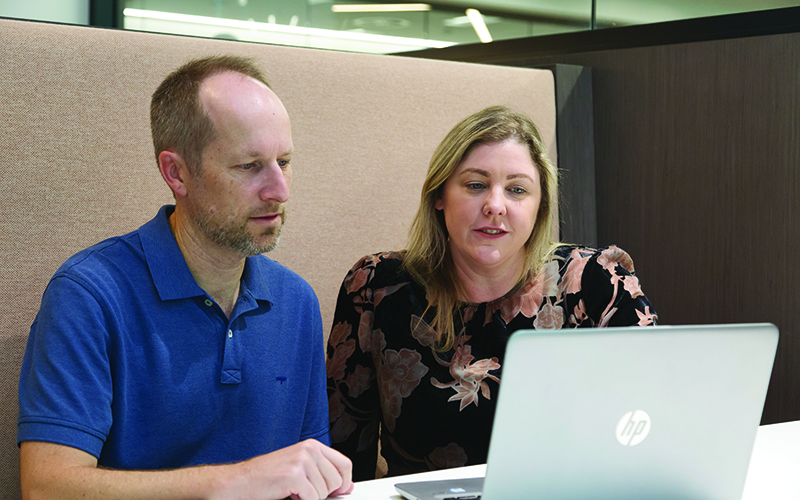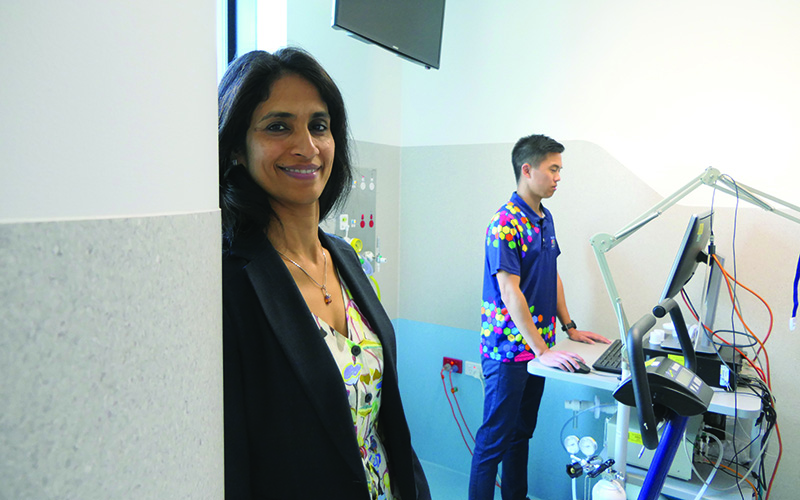Search
Research
Impact of the COVID-19 pandemic on long-term trends in the prevalence of diabetic ketoacidosis at diagnosis of paediatric type 1 diabetes: an international multicentre study based on data from 13 national diabetes registriesAn increased prevalence of diabetic ketoacidosis at diagnosis of type 1 diabetes in children was observed in various diabetes centres worldwide during the COVID-19 pandemic. We aimed to evaluate trends in the prevalence of diabetic ketoacidosis at diagnosis of paediatric type 1 diabetes before and during the COVID-19 pandemic, and to identify potential predictors of changes in diabetic ketoacidosis prevalence during the pandemic.
Research
Traditional Beliefs, Practices, and Migration: A Risk to Malaria Transmission in Rural NepalThe study aimed to explore sociocultural factors influencing the risk of malaria and practices and beliefs towards malaria prevention, transmission and treatment in a remote village in Khatyad Rural Municipality (KRM) of Nepal. A sequential exploratory mixed methods approach was used.

World-first findings from the collaborative REACT study – a joint project between The Kids, PCH, UWA and Curtin University – have led to the asthma medication Ventolin being routinely given to paediatric patients before tonsillectomy surgery to prevent respiratory complications.

Discover more about some of the broad topics and areas of research that The Kids Research Institute Australia are involved in.

An interactive Child Development Atlas is giving policymakers, planners and services easy access to important data about the health and wellbeing of WA families.

A ground-breaking new app developed by The Kids researchers may soon make exercising safer for young people with type 1 diabetes.

In early 2021, The Kids Research Institute Australia researcher Dr Amy Finlay-Jones led a global team in trying to answer that question to help better prioritise mental health spending.
Research
Implementation Fidelity of a Smartphone Application for Population-Based General Movement Assessment: The Early Moves StudyTo describe the infant and maternal characteristics of the Early Moves cohort and to assess representativeness to the general population, and to evaluate the implementation fidelity of an application-based collection of General Movement Assessment (GMA) videos at writhing and fidgety age.
Research
The application of population data linkage to capture sibling health outcomes among children and young adults with neurodevelopmental conditions. A scoping reviewSiblings of children with neurodevelopmental conditions have unique experiences and challenges related to their sibling role. Some develop mental health concerns as measured by self-reported surveys or parent report. Few data are available at the population level, owing to difficulties capturing wide-scale health data for siblings. Data linkage is a technique that can facilitate such research.
Research
Rett Syndrome Behaviour Questionnaire: Variability of Scores and Related FactorsRett syndrome (RTT) is a severe neurodevelopmental disorder affecting predominantly females and associated with variants in the MECP2 gene. Recent success in clinical trials have resulted in an expanded use of the Rett Syndrome Behaviour Questionnaire (RSBQ) for clinical and research purposes.
